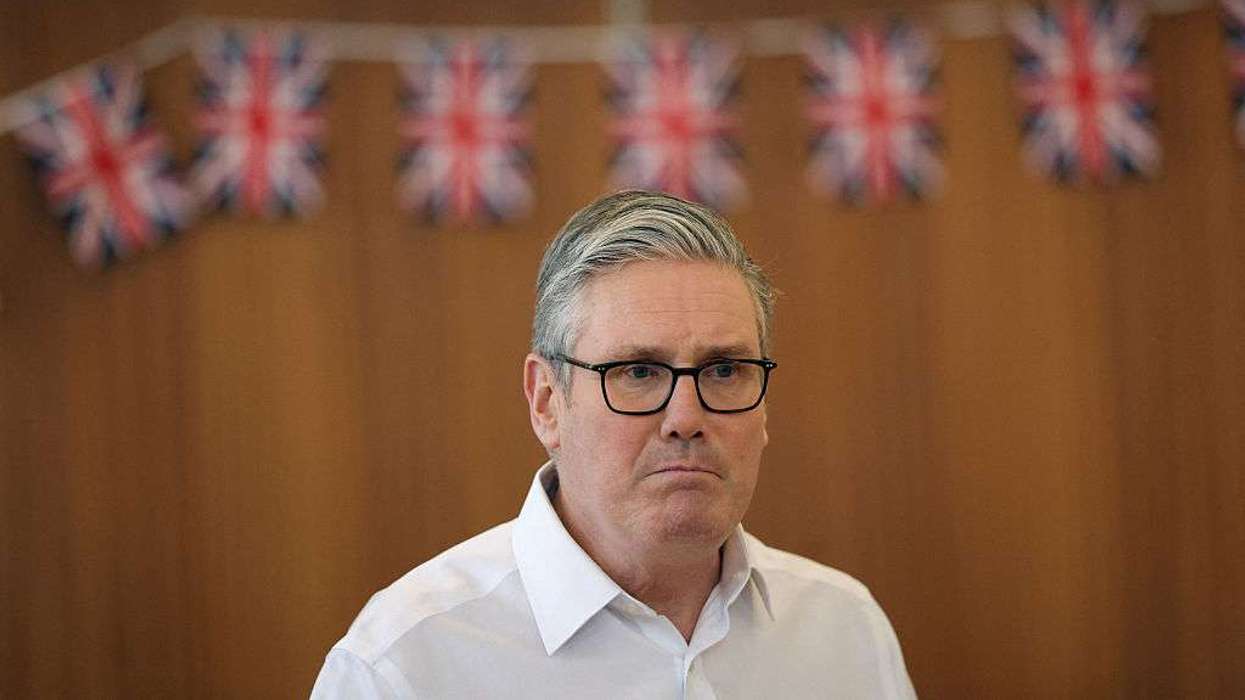Ignored for India's Twenty20 series against Australia, off-spinner Ravichandran Ashwin was today (03) named in the 15-member Tamil Nadu Ranji squad along with Test opener Murali Vijay for the season-opener against Andhra Pradesh, starting Friday (06).
The team, to be led by Abhinav Mukund, would miss the services of the experienced batsman-wicketkeeper Dinesh Karthik and all-rounder Vijay Shankar.
Karthik has been picked for the T20 series against Australia while Shankar features in the Board President's XI to face New Zealand.
The team includes exciting all-rounder Washington Sundar, who has impressed with his recent performances including in the Duleep Trophy final.
Baba Indrajith, who scored a double ton on his Duleep Trophy debut, would be Mukund's deputy.
The team also features aggressive wicketkeeper-batsman N Jagadeesan and another gloveman in R Rohith, who shone in the recent Tamil Nadu Premier League (TNPL).
In the absence of T Natarajan and Aswin Crist due to fitness issues, the pace attack would be led by K Vignesh, who did well in his debut season with 30-plus wickets as Tamil Nadu made the semifinals.
L Vignesh and V Lakshman are the other fast bowlers named in the squad.
With the wicket at the M A Chidambaram Stadium likely to assist the spinners, the selectors have picked three specialists apart from Ashwin and Washington Sundar.
"It is a good team. We have a mix of experience and youth. The availability of Ashwin and Vijay is certain to bolster the squad," said chairman of selectors Sridharan Sharath.
Left-arm spinner R Sai Kishore and Lakshman, who had done well in the local league, have also been picked.
"Not having Vijay Shankar (limited overs captain) is a big miss. But we have Ashwin, Washington Sundar and other all-rounders in the squad," Sharath said.
Squad: Abhinav Mukund (C), Baba Indrajith (VC), M Vijay, M Kaushik Gandhi, N Jagadeesan (WK), Baba Aparajith, MS Washington Sundar, Rahil S Shah, K Vignesh, R Ashwin, L Vignesh, R Sai Kishore, V Lakshman, R Rohith (WK) and Malolan Rangarajan.



